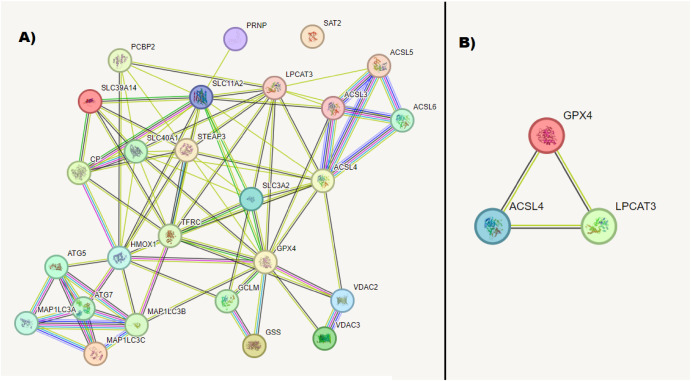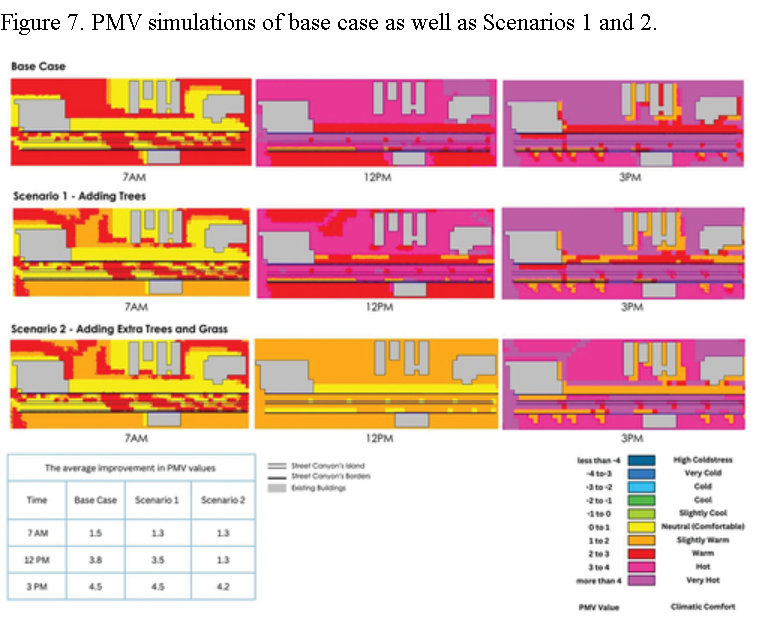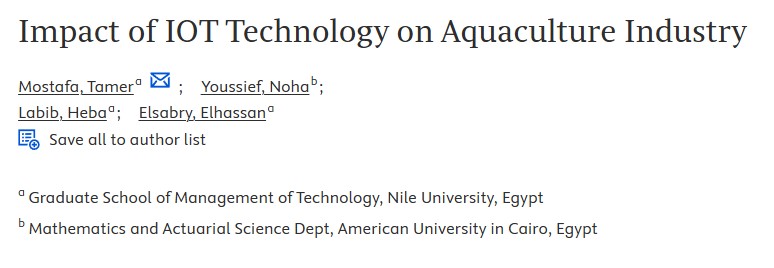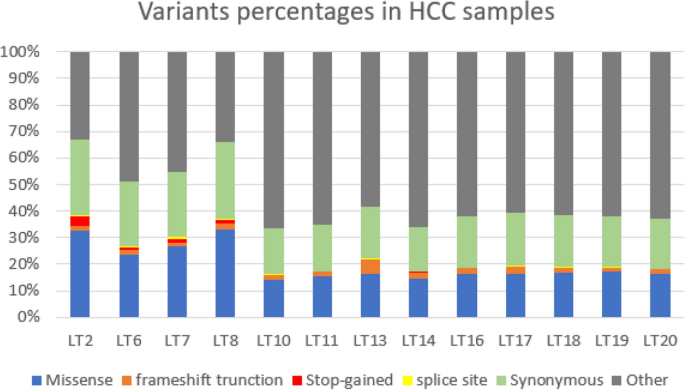
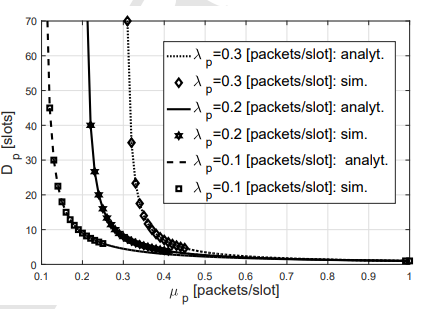
Energy-efficient cooperative cognitive relaying schemes for cognitive radio networks
We investigate a cognitive radio network in which a primary user (PU) may cooperate with a cognitive radio user (i.e., a secondary user (SU)) for transmissions of its data packets. The PU is assumed to be a buffered node operating in a time-slotted fashion where the time is partitioned into equal-length slots. We develop two schemes which involve cooperation between primary and secondary users. To satisfy certain quality of service (QoS) requirements, users share time slot duration and channel frequency bandwidth. Moreover, the SU may leverage the primary feedback message to further increase both its data rate and satisfy the PU QoS requirements. The proposed cooperative schemes are designed such that the SU data rate is maximized under the constraint that the PU average queueing delay is maintained less than the average queueing delay in case of non-cooperative PU. In addition, the proposed schemes guarantee the stability of the PU queue and maintain the average energy emitted by the SU below a certain value. The proposed schemes also provide more robust and potentially continuous service for SUs compared to the conventional practice in cognitive networks where SUs transmit in the spectrum holes and silence sessions of the PUs. We include primary source burstiness, sensing errors, and feedback decoding errors to the analysis of our proposed cooperative schemes. The optimization problems are solved offline and require a simple 2-dimensional grid-based search over the optimization variables. Numerical results show the beneficial gains of the cooperative schemes in terms of SU data rate and PU throughput, average PU queueing delay, and average PU energy savings. © 2018 Elsevier B.V.
